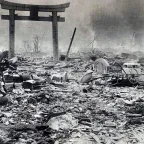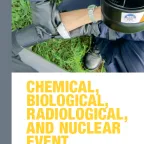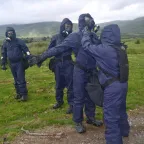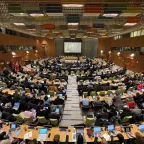Why States must sign and ratify the Treaty on the Prohibition of Nuclear Weapons: A plea for humanity
… ceremony of the Treaty on the Prohibition of Nuclear Weapons. 26 September 2018, UN, New York. … adoption of the Treaty on the Prohibition of Nuclear Weapons was driven by the compelling …







